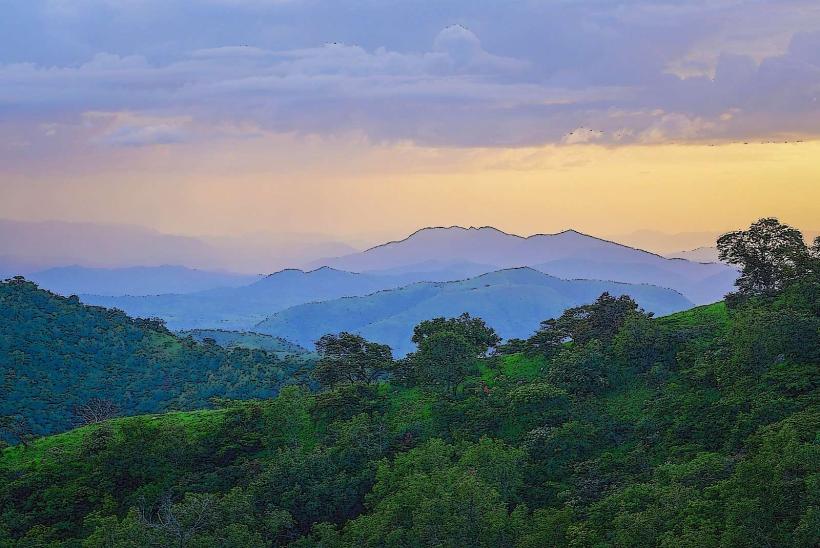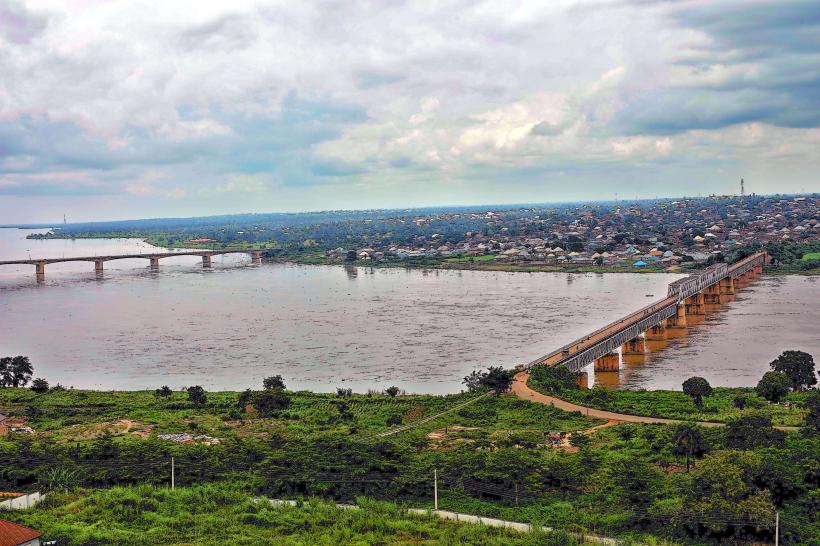Information
City: BenueCountry: Nigeria
Continent: Africa
Benue, Nigeria, Africa
Benue State serves as the primary agricultural hub of Nigeria, functioning as the central transit corridor between the southeastern and northern geopolitical zones. It is situated in the Middle Belt region, bisected by the Benue River, and shares an international border with Cameroon to the southeast.
Historical Timeline
Benue State was created on February 3, 1976, during the military administration of Murtala Mohammed, carved out of the former Benue-Plateau State. It transitioned through the colonial era as a strategic river port system for the Royal Niger Company and later became the center of the United Middle Belt Congress (UMBC) political movement. The state underwent its most significant political reconstruction in 1991 when its western districts were carved out to form part of Kogi State. The primary event shaping its current urban form was the 1932 completion of the Makurdi Railway Bridge, which shifted the economic focus from riverine trade to rail and road logistics.
Demographics & Population
The state population is estimated at 6,300,000 as of 2026, with the capital, Makurdi, housing approximately 520,000 residents. The top three ethnic demographics are the Tiv, Idoma, and Igede. The median age is 18.5 years.
Urban Layout & Key Districts
The state is organized around three primary urban nodes: Makurdi (Administrative/Central), Otukpo (South/Idoma Heartland), and Gboko (East/Tiv Heartland). Key districts in the capital include the GRA (South Bank), housing the state secretariat; North Bank, containing the University of Agriculture and military barracks; and Wurukum, the primary commercial and transport node. Development in Makurdi is strictly constrained by the Benue River’s floodplains.
Top City Landmarks
The Benue River Bridge (Makurdi)
Tor Tiv Palace (Gboko)
Och'Idoma Palace (Otukpo)
Aper Aku Stadium (Makurdi)
The Food Basket Monument (Makurdi)
Transportation Network
Inter-city movement relies on the A3 and A24 federal highways. Internal transit in Makurdi, Otukpo, and Gboko is dominated by "Keke" (tricycles) and "Okada" (motorcycles). The Eastern Line of the Nigerian Railway Corporation passes through Makurdi and Otukpo. Ride-sharing is limited; local taxis are the primary automotive option. Traffic density is moderate, with peak congestion at the Wurukum Roundabout in Makurdi.
Safety & "Red Zones"
The general safety level is moderate, though the state has faced persistent herdsmen-farmer conflicts in rural areas. Travelers should avoid rural local government areas (LGAs) such as Agatu, Guma, and Logo at night. The Makurdi-Lafia road and Makurdi-Otukpo road carry risks of highway robbery after sunset.
Digital & Financial Infrastructure
Average internet speeds are 20–35 Mbps on 4G networks. Main carriers are MTN, Airtel, and Glo. Card acceptance is high in Makurdi GRA hotels and modern supermarkets; cash is mandatory for all transactions in agricultural markets like Zaki Biam. ATMs are concentrated along New Otukpo Road and the Bank Road axis in Makurdi.
Climate & Air Quality
Temperatures range from 21°C to 40°C. Benue has a tropical savanna climate characterized by extreme heat in March and April. The rainy season spans April to October. Air quality is generally good, though particulate matter increases during the Harmattan (December–February) and during seasonal agricultural burning.
Culture & Social Norms
Tipping is voluntary but appreciated (5–10%). Traditional greetings for elders often involve a slight bow or kneeling. The "Anger" (black and white striped fabric) is the standard cultural attire for the Tiv. Alcohol is widely available and culturally integrated, particularly "Burukutu" (millet beer). Public smoking is prohibited in state government buildings.
Accommodation Zones
Makurdi GRA: Recommended for high security, quiet environment, and proximity to the State Secretariat.
Otukpo GRA: Recommended for cultural access and proximity to the southern transit corridor.
Local Cost Index
1 Espresso: ₦3,000 ($2.00)
1 Standard Lunch: ₦7,500 ($5.00)
1 Metro/Bus Ticket: ₦600 ($0.40) - Local Keke/Okada rate.
Nearby Day Trips
Ikwe Holiday Resort: 35 km (45 minutes from Makurdi)
Doma Dam: 90 km (100 minutes)
Ushongo Hills: 100 km (120 minutes)
Enemabia Warm Springs: 110 km (140 minutes)
Facts & Legends
Benue is officially designated the "Food Basket of the Nation" because it produces over 70% of Nigeria’s soybean and yam supplies. A local legend involves the "Tiv Origins" at Swem Karagbe, a sacred mountain on the Cameroon border where the first Tiv people were said to have descended. It is believed that a "Swem Karagbe" pot possessed by the Tor Tiv holds the spiritual authority to punish corrupt leaders with swelling of the body.



